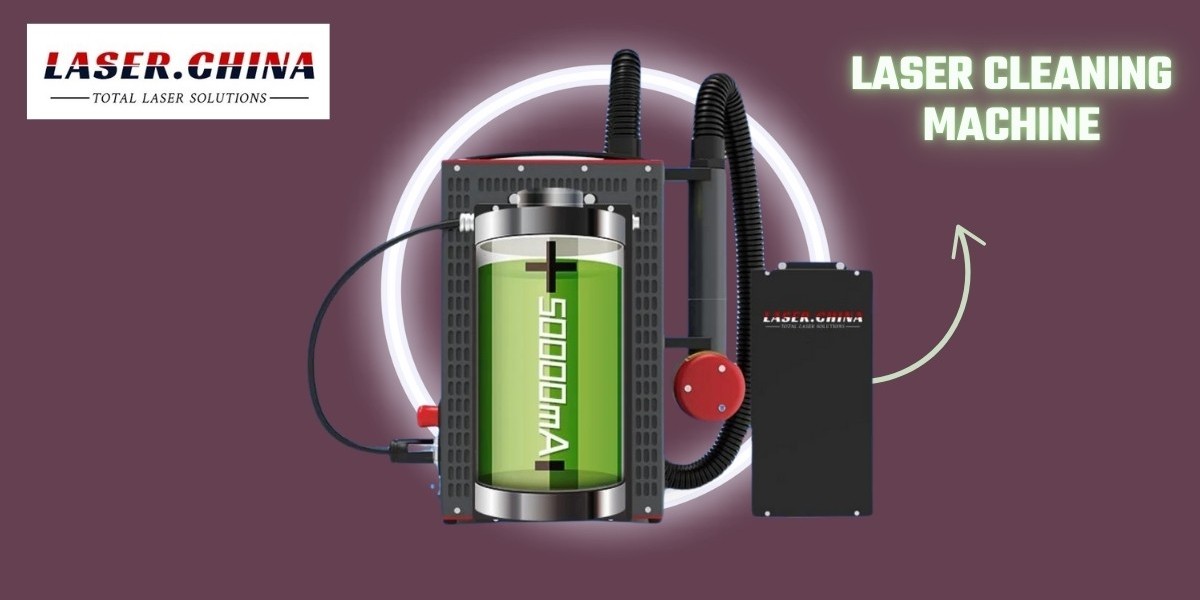Fiber laser welding machines have become a cornerstone in modern manufacturing and industrial processes due to their precision, efficiency, and versatility. They utilize a high-intensity laser beam, delivered through a flexible optical fiber, to join materials with exceptional accuracy and speed. Here's an overview of their advantages and the industries where they are most commonly applied.
Advantages of Fiber Laser Welding Machines
1. High Precision and Accuracy
Fiber lasers produce a highly focused and stable beam, allowing for precision welding with minimal distortion or material damage. This accuracy is especially beneficial for applications that require intricate detailing, such as medical devices or electronics.
2. Versatility in Material Compatibility
Fiber laser welders can handle a broad range of metals, including stainless steel, aluminum, titanium, nickel alloys, copper, and even dissimilar materials. This versatility makes them ideal for industries with diverse material requirements.
3. Speed and Efficiency
The high power density of fiber lasers enables faster welding speeds compared to traditional welding techniques. This increased speed reduces production times and improves overall productivity, which is crucial in high-volume manufacturing environments.
4. Reduced Heat-Affected Zone (HAZ)
The precise control of the laser beam minimizes the heat-affected zone, preventing thermal distortion or damage to surrounding areas. This feature is critical when working with sensitive materials or complex assemblies.
5. Low Maintenance and Long Lifespan
Fiber lasers are known for their durability and low maintenance requirements. They have a solid-state design with no moving parts or consumable components, such as electrodes, which reduces operational downtime and maintenance costs.
6. Energy Efficiency
Fiber lasers are highly energy-efficient compared to other types of lasers, such as CO2 lasers. Their efficient energy conversion results in lower operating costs and a reduced environmental impact.
7. Flexibility and Automation Compatibility
The flexible fiber delivery system allows for easy integration with robotic arms, CNC machines, or automated production lines. This adaptability supports precise, repeatable, and highly efficient welding operations.
8. Enhanced Weld Quality
Fiber laser welders produce clean, high-quality welds with minimal spatter or defects. This reduces the need for post-weld cleaning and polishing, saving time and resources.
Industrial Applications of Fiber Laser Welding Machines
1. Automotive Industry
Fiber laser welding is extensively used in automotive manufacturing for applications such as welding body panels, gear components, exhaust systems, and battery casings for electric vehicles. Its speed and precision contribute to lightweight, high-strength designs.
2. Aerospace and Aviation
In the aerospace sector, fiber laser welding is employed for joining lightweight and heat-resistant materials, such as titanium and nickel alloys. The process ensures high-strength joints essential for critical components like turbine blades and fuselage parts.
3. Electronics and Semiconductor Industry
The precision and low heat input of fiber lasers make them suitable for delicate tasks, such as welding microelectronics, circuit boards, and sensors. The technology ensures minimal distortion, even in miniature assemblies.
4. Medical Device Manufacturing
Fiber laser welding is widely used for creating medical devices like surgical instruments, pacemakers, and implants. Its clean and precise welds meet the stringent hygiene and reliability standards of the healthcare industry.
5. Jewelry and Luxury Goods
In the jewelry industry, fiber laser welders enable intricate designs and repairs with minimal material loss. They are also used for welding watch components and other luxury items.
6. Energy and Power Generation
Fiber lasers are used for welding components in renewable energy systems, such as solar panels, wind turbines, and fuel cells. They also play a role in manufacturing pipelines and heat exchangers.
Conclusion
Fiber laser welding machines offer unmatched precision, speed, and versatility, making them an essential tool in various industries. From automotive to medical devices, their ability to deliver high-quality welds with minimal maintenance has made them a preferred choice for manufacturers seeking efficiency and reliability. As technology continues to advance, fiber laser welding machines will remain at the forefront of modern manufacturing processes.










